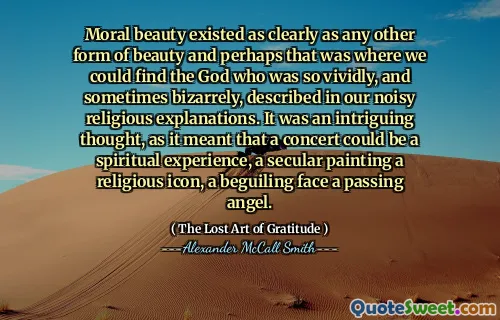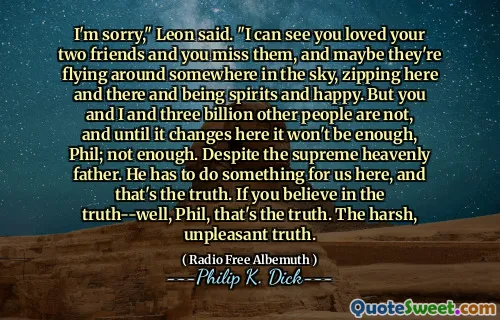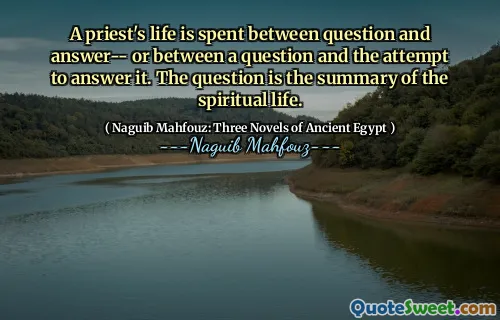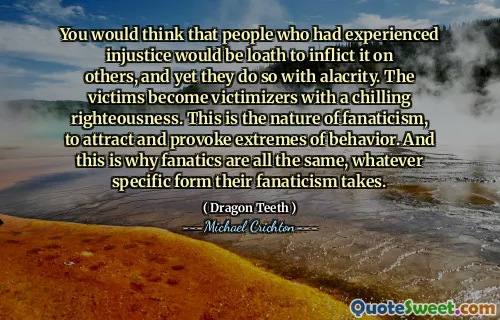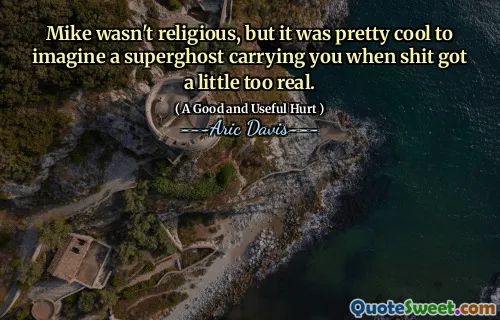
The church must be reminded that it is not the master or the servant of the state, but rather the conscience of the state. It must be the guide and the critic of the state, and never its tool. If the church does not recapture its prophetic zeal, it will become an irrelevant social club without moral or spiritual authority.
Throughout history, the relationship between religious institutions and government has been complex and often fraught with tension. This quote emphasizes that the church’s primary role should not be to dictate or serve the state, but rather to serve as its conscience—offering moral guidance, critical oversight, and ethical reflection. When the church aligns too closely with political powers, it risks losing its prophetic voice, becoming merely an institutional fixture devoid of spiritual vitality and moral authority. This reminder calls for prophetic zeal—an active and engaged stance that challenges injustice and promotes moral clarity. Such a role requires courage and independence, allowing the church to hold those in power accountable, without becoming subordinate or manipulated. By highlighting the importance of vigilance and moral integrity, the quote encourages religious institutions to prioritize their spiritual and ethical duties over political convenience. It underscores the vital function of religion in shaping a just and morally conscious society—one that respects individual conscience and promotes social equity. If the church neglects this role, it not only undermines its credibility but also diminishes its ability to contribute meaningfully to societal progress. Ultimately, the message is about maintaining the integrity and prophetic nature of spiritual institutions, ensuring they serve as moral compass in times of political and social challenges, rather than becoming pawns or silent observers in the machinery of power.






